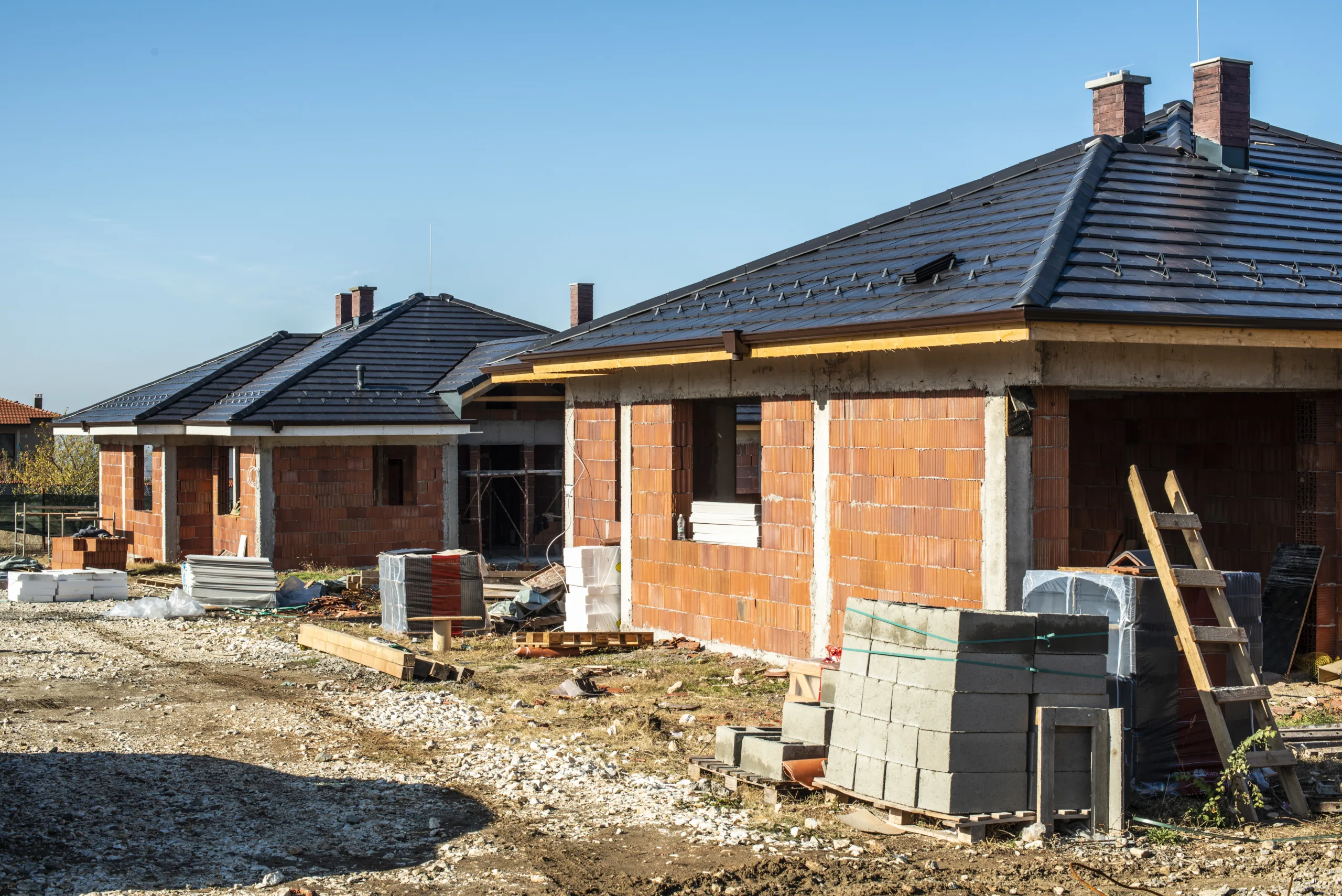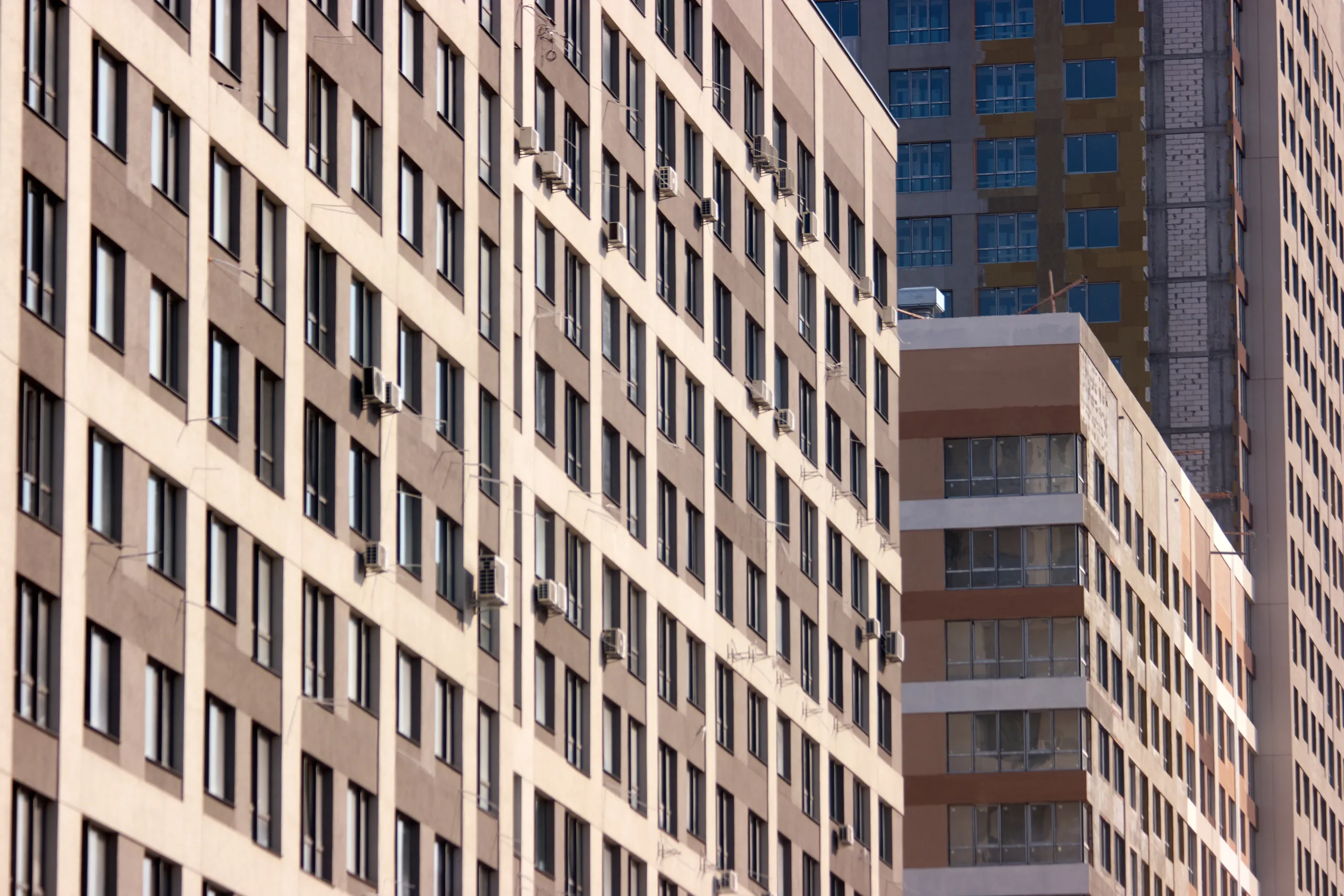- The D.C. Council passed the Rental Act, marking a major shift in housing policy aimed at attracting investment and addressing a $1B backlog in unpaid rent.
- The legislation reforms the Tenant Opportunity to Purchase Act (TOPA), exempting buildings less than 15 years old and allowing landlords more flexibility to sell properties.
- Eviction procedures have been streamlined, with timelines for notices and hearings significantly shortened, sparking criticism from tenant advocates.
- While landlord groups welcomed parts of the bill, some said amendments weakened its effectiveness, and tenant groups warned it would lead to more evictions.
A Tipping Point for D.C. Housing Policy
According to Bisnow, the D.C. Council’s final vote on the Rental Act marks a turning point in the city’s decades-old housing framework. Proposed by Mayor Muriel Bowser in February 2025, the bill aimed to stimulate development and address financial strain among property owners stemming from pandemic-era unpaid rent.
The bill passed Wednesday now heads to Bowser’s desk, where it is expected to be signed into law.
TOPA Reformed: A New Era for Property Sales
One of the most significant changes comes in the form of TOPA reform — a law dating back to the 1980s that gives tenants the right to purchase their building when it’s up for sale. The Rental Act exempts buildings less than 15 years old and applies this retroactively to newer buildings.
Landlords have long argued that TOPA slows down deals and discourages investment. Real estate executives from JBG Smith, MRP Realty, and Jair Lynch Real Estate Partners testified earlier this year about the regulation’s chilling effect on development — a sentiment echoed by Committee on Housing Chair Robert White, who called the housing shortfall a “crisis.”
Still, the council version was scaled back from Bowser’s original proposal, which sought a 25-year exemption.
Get Smarter about what matters in CRE
Stay ahead of trends in commercial real estate with CRE Daily – the free newsletter delivering everything you need to start your day in just 5-minutes
Eviction Overhaul: Faster Timelines, Higher Stakes
The bill also accelerates the eviction process:
- Notice-to-eviction period reduced from 30 to 10 days
- Hearing summons period shortened from 30 to 14 days
- Judges granted discretion to correct technical case errors without dismissal
- Rent court registry expanded, making it easier for landlords to collect rent during proceedings
- New protections added for domestic violence survivors
Despite these provisions, housing advocates are pushing back.
“This RENTAL Act will not solve landlords’ issues with the eviction process. But it will lead to more D.C. residents being evicted and unhoused,” said Amanda Korber, Supervising Attorney at Legal Aid DC.
Stakeholders React: Mixed Praise and Sharp Criticism
Landlord groups expressed cautious optimism. The Apartment and Office Building Association (AOBA) applauded the effort but said the final bill didn’t go far enough. The Small Multifamily Owners Association called it a win but criticized the absence of mandatory hearing deadlines, arguing unresolved cases continue to burden landlords.
Meanwhile, tenant advocates sharply opposed the bill, calling it a rollback of rights with little community input.
What’s Next
The Rental Act reflects a growing urgency among city leaders to reverse declining housing starts — which were down 79% year-over-year in 2024 — and to avoid a broader housing crisis driven by building foreclosures and rent defaults.
Bowser is expected to sign the bill, after which implementation timelines and possible legal challenges may shape how the reforms play out.
As cities across the US grapple with post-pandemic housing instability, D.C.’s Rental Act may become a model — or a warning — for future reforms.


















